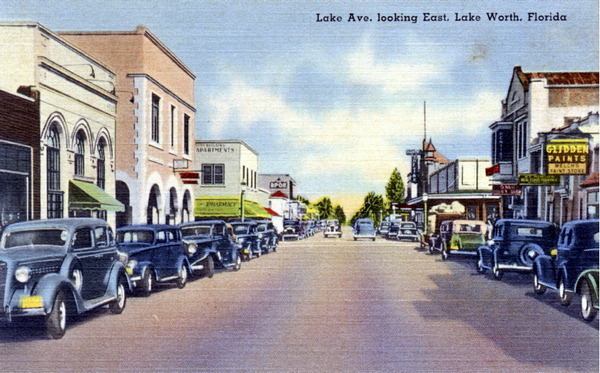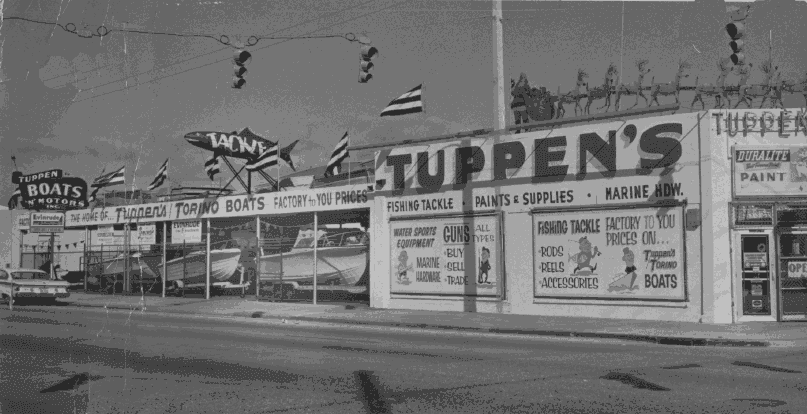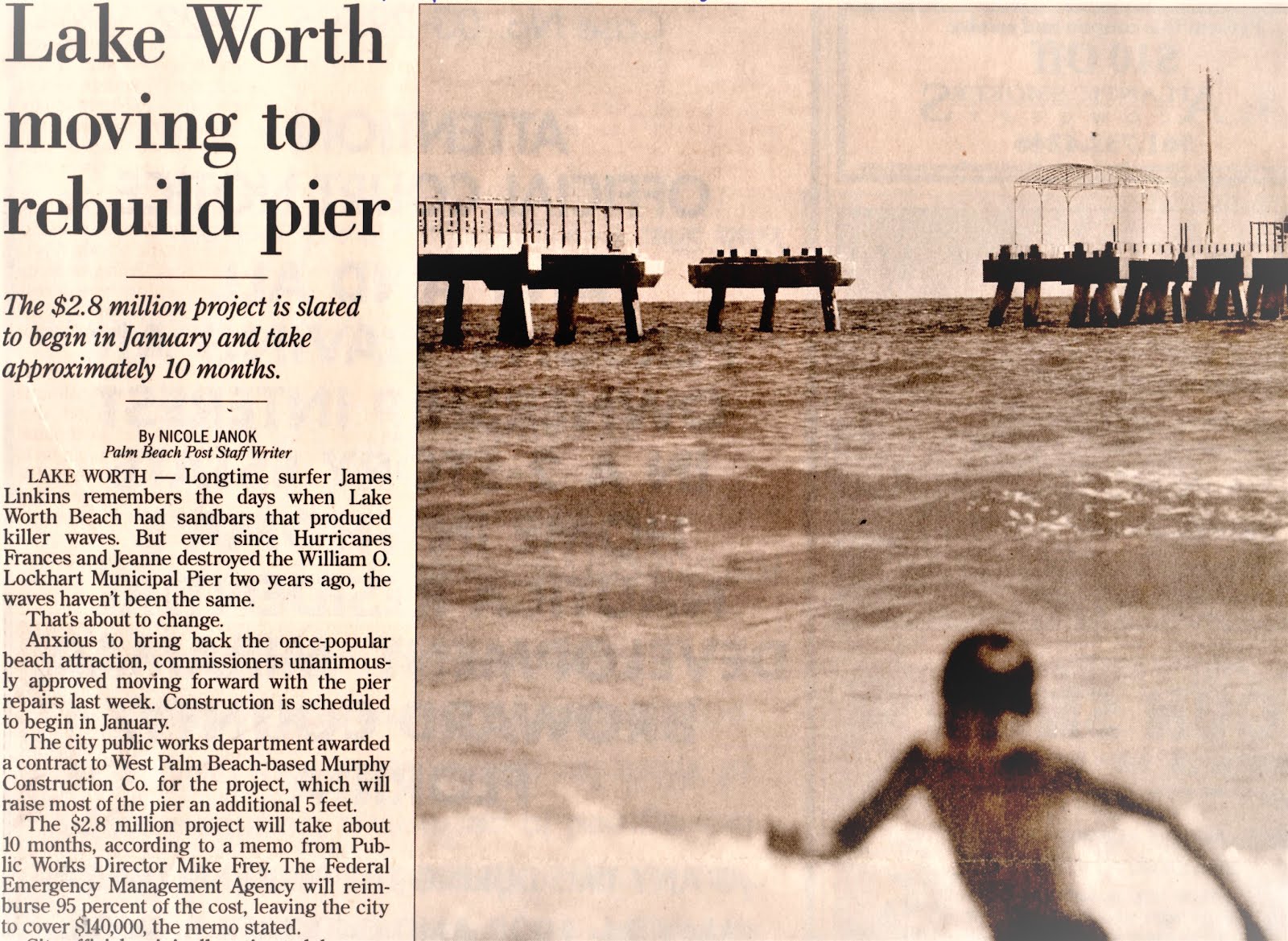Submitted this morning - 7/12/12
Thank you to all who showed up at
the special commission meeting (7/10) to support the commission moving
forward with the 7 qualified bidders vying to be our next wholesale
electric provider. The vote was unanimous and now we will get the
opportunity to see and hear presentations from each bidder in hopes
of hearing that they can lower our outrageously high electric bills.
One problem with this scenario is
that they have some hefty hurdles to jump.
I'm learning as I go, so please
bear with me. You see, the major reason our electric rates are so
high, 30% to 45% higher than FPL (just as a comparison) is that our
rates are set by our elected officials, not a Public Service
Commission (PSC), and this is important. Not necessarily those
commissioners sitting in the high chairs in the commission chambers,
but many before them as well. The electric utility was always
designed to be a way for Lake Worth to keep it's tax burden for its
citizens low because we could supplement our low energy costs with
profits helping the general fund.
Unfortunately, we now have high
taxes, due to lower property values and real high electricity rates
to make up for the lower tax revenue, which in turn makes for lower
property values because of ultra high utility rates... and so on.
Our city general revenue taxes,
what you pay with your property taxes and some other fees only make
up a little over half of our city budget ($23 million). The electric
utility pays in the other portion... somewhere near $9 million
dollars every year. Most of our neighboring cities live within that
property tax revenue without the benefit of owning their own utility.
So the REAL question you start to ask is "why are other cities
able to operate with just property taxes and our little town needs to
soak our own residents for $9 million on top of the property taxes?"
You will hear all about our
"antiquated system" , "lack of maintenance", "bad
contracts", "FMPA", "Stanton Coal fired plants
(#1 & 2)", the "St Lucie Nuclear Power Plant",
blah, blah, blah....
All of the above contributes and
complicates an issue that boils down to us wanting to pay as close to
what our neighbors North and South of our city borders pay for
electric power.
Here's a clue: Dropping FMPA and
finding a new wholesale provider may not lower our retail rates
significantly. That all depends on how much the City keeps adding to
the wholesale cost to prop up the general fund.
If the city decided tomorrow to
drop every penny it takes from LW Utilities, and passed that savings
on to each of us, we would still pay higher rates than FPL
customers...... and the city would need to find another source for
the $9 million..... or we have to face cuts to lots of things
like salaries, services, library, code, sheriff, fire..... etc.,
etc., until they reach $9 million. Think about that.... Why aren’t
the administrative costs ever cut as much as the services? Has there
ever been a cut to the budgets for consultants, outside legal firms
and more studies?
"Well then.... why don't we
just produce our own electricity with our own power plant?" you
might ask. Apparently, I have learned, that we do have one big and
one medium sized generator that work together as one but they are
expensive to operate, Another big one that’s 35 years old and only
burns diesel. Another big one that’s 45 years old and runs on
natural gas and 5 more little ones that run on diesel and are almost
50 years old, and two monsters that are good for paper weights. (and
that could be stretching it) The first two mentioned are capable of
producing 30 mega watts. Our peak demand is somewhere around 90 mega
watts but we have to have a 15% reserve capacity on top of that.
The only way we could produce our
own power at a reasonable cost is to buy new generators.
You know the "bad contracts"
mentioned above? This is where bad contracts come in. Waaaaaay back
during the oil embargo in the 70's I think, our generators that run
on diesel were looking like a potential problem. Remember, "the
earth is running out of oil", so we went looking for ways to
diversify our power and entered into lengthy, cheap (then) contracts
that REQUIRE us to purchase a certain amount of power each month from
these sources (coal and nuclear)...... let's say 30 mega watts......
forever. Remember, it sounded like a good idea back then because it
was cheaper than having to see our power plant sitting in one of
those long lines stretching around the block to get 5 dollars worth.
So today, and tomorrow, and even
AFTER we choose a new wholesale power provider, we will still be
required to purchase the FIRST 30 mega watts from those contracts we
signed back in the 80's. The rest of our requirements will be met
with whatever our commission agrees to in the coming months. Those
first 30 mega watts can be very expensive and our generators are
still more expensive to operate than buying from the wholesale
market. Actually, they are normally only fired up to supplement the
system during peak draw on the larger grid.
So that brings us back to why we
need a new wholesaler for our power...... there is the perception
that there is SIGNIFICANTLY lower cost electricity available to us
than what we were able to buy from FMPA. That is what we will find
out at the presentations of the bidders. What we don’t know is if
that lower wholesale cost to the City is going to mean lower retail
rates for us.
Let’s now think about the
difference between “municipality owned” versus “privately
owned” suppliers of wholesale power to Lake Worth.
When a privately owned electric
utility wants to raise retail rates they charge their customers, they
must apply to the PSC, which is a group of experts in the utility
industry appointed as a watchdog for the rate payers. They examine
all the issues and grant or deny the rate increases based on “need
vs. greed”.
Municipally owned utilities such as
ours only require a vote of the commission to raise rates. In such
cases, if the utility director requires an upgrade that requires
rates to rise, he or she would apply to the city commission with
reasons and the commission would grant or deny based on the need
only. If the city commission needs more funds to operate its city,
like ours does, and it happens to own its own electric utility, and
ours does, it can authorize rates to rise to by a majority vote.
This might be seen as an
over-simplification, but you can make your own decision as to which
retail customer is better protected and which retail customer has
more control; the customer who’s utility is governed by the Public
Service Commission or the one who’s utility is governed by a city
commission.
Our new supplier of wholesale
electric IS going to be one of the above.
This is why YOU need to be involved
in the discussion. Let your commissioner and Mayor know how you feel
in this most important decision that affects each and every one of
us for now and for the foreseeable future.
Chip Guthrie





